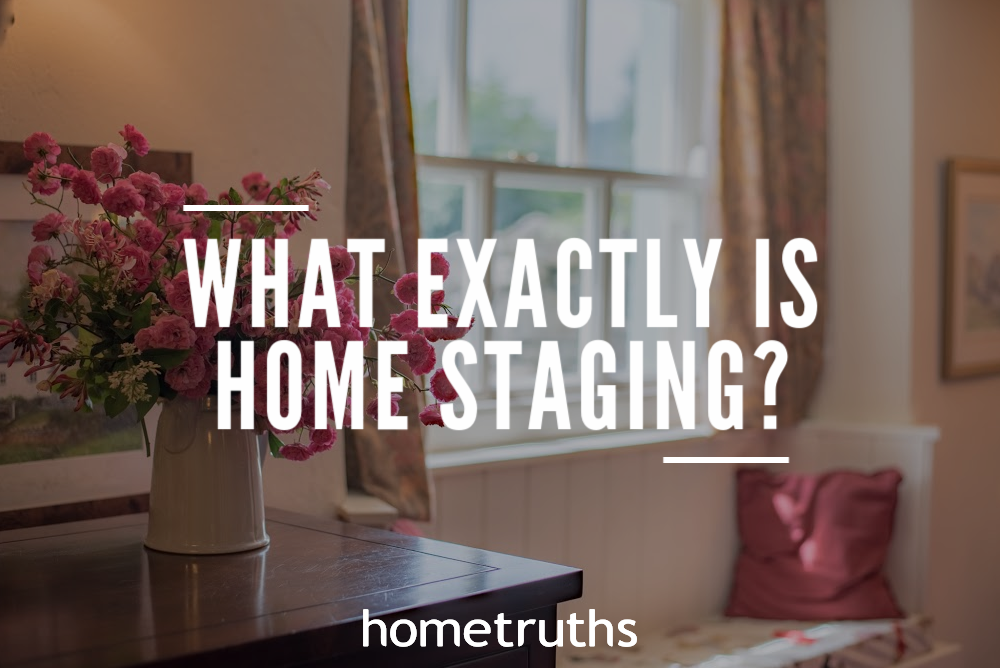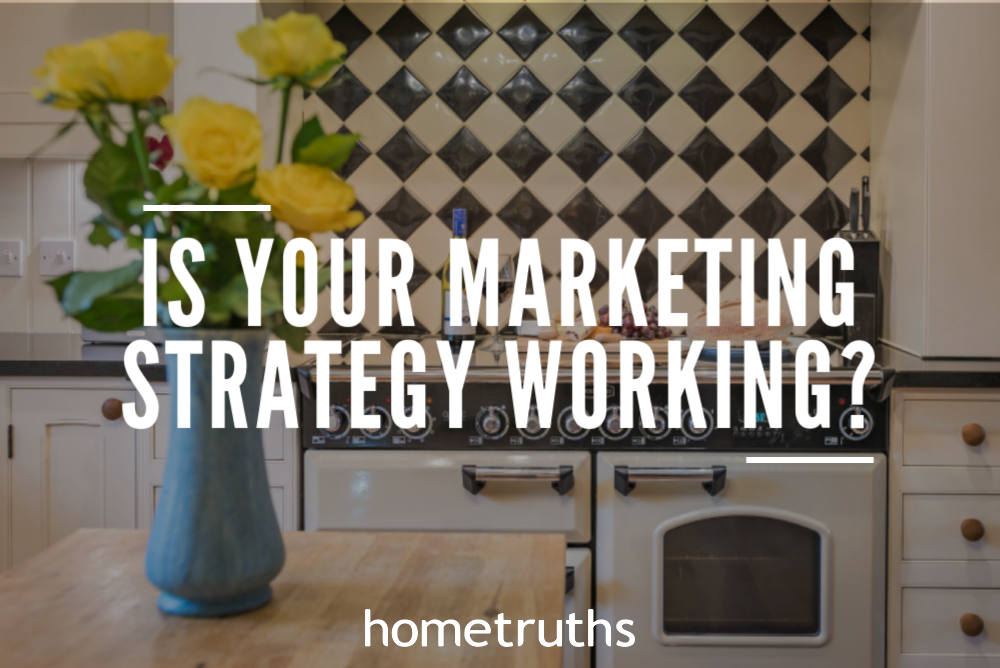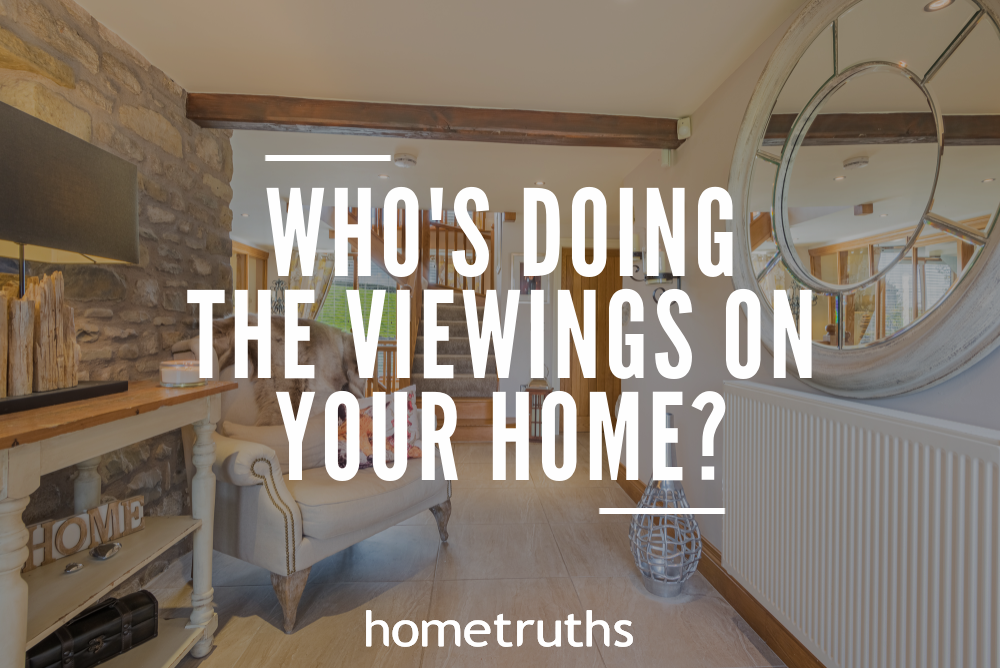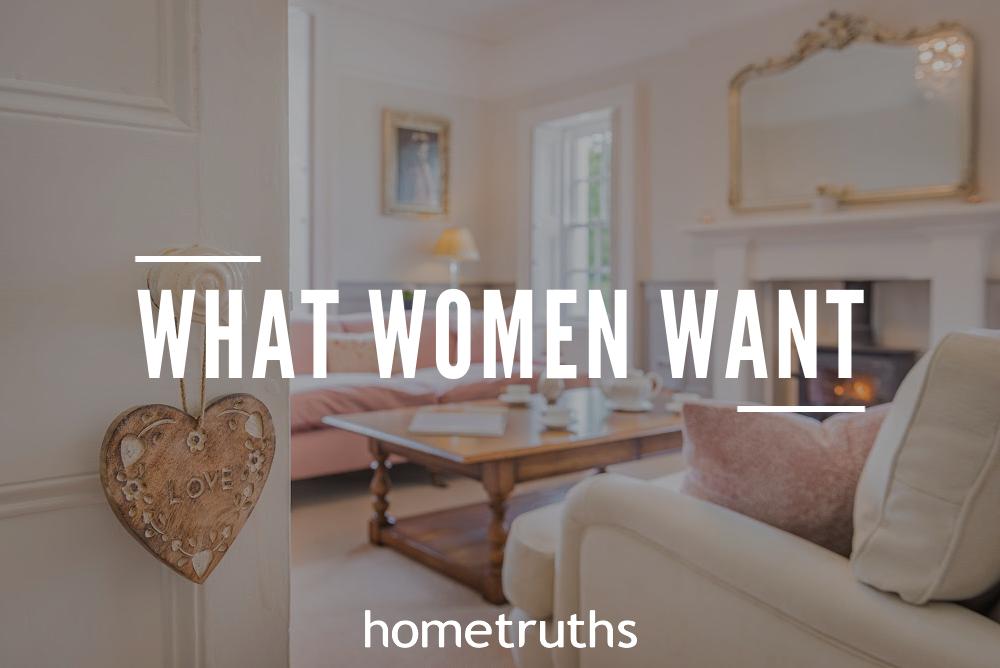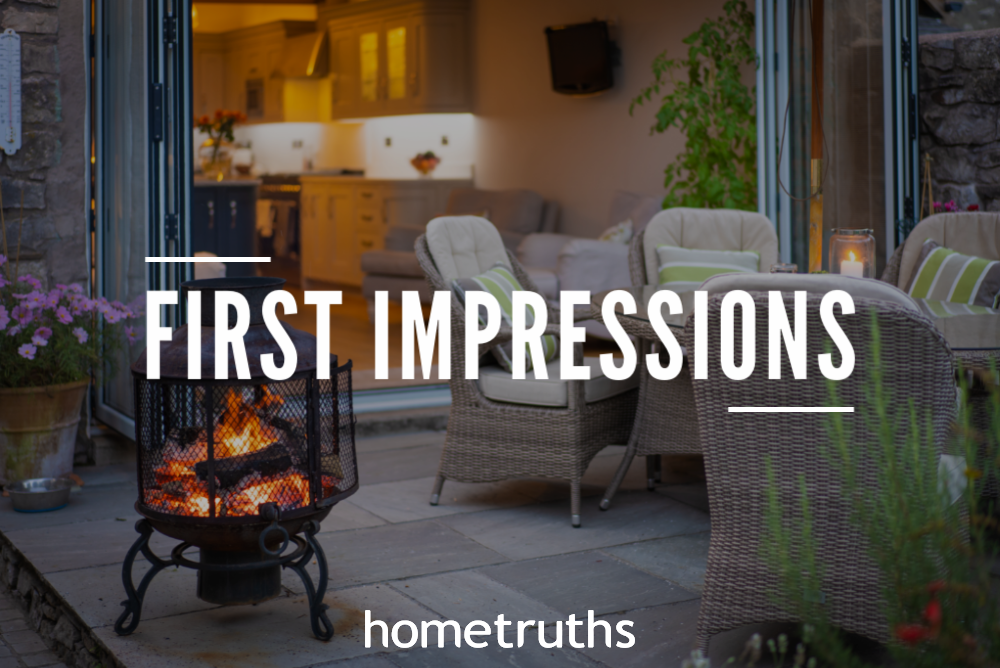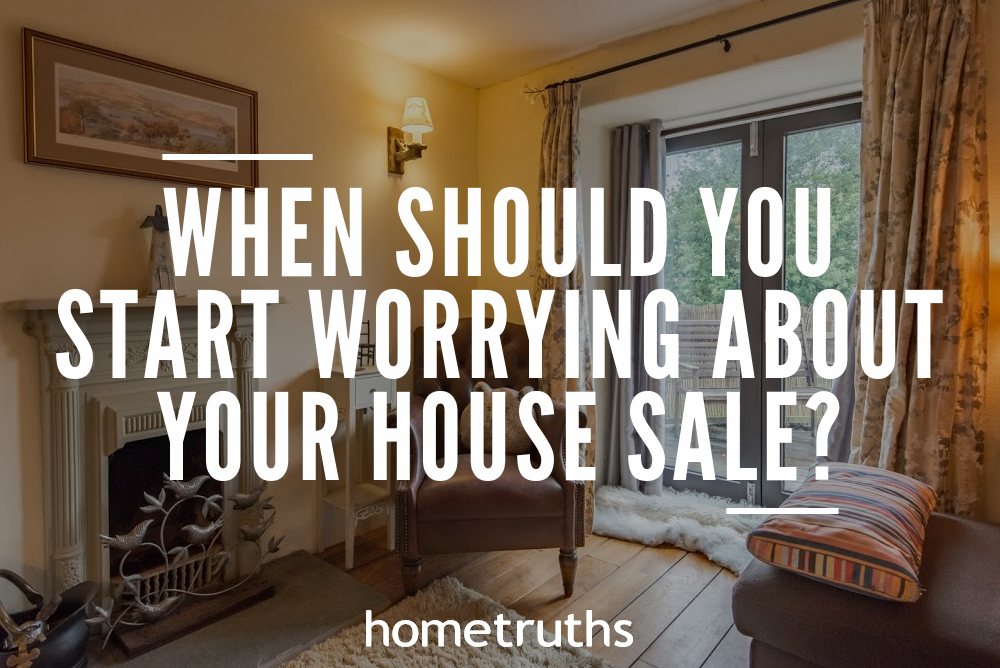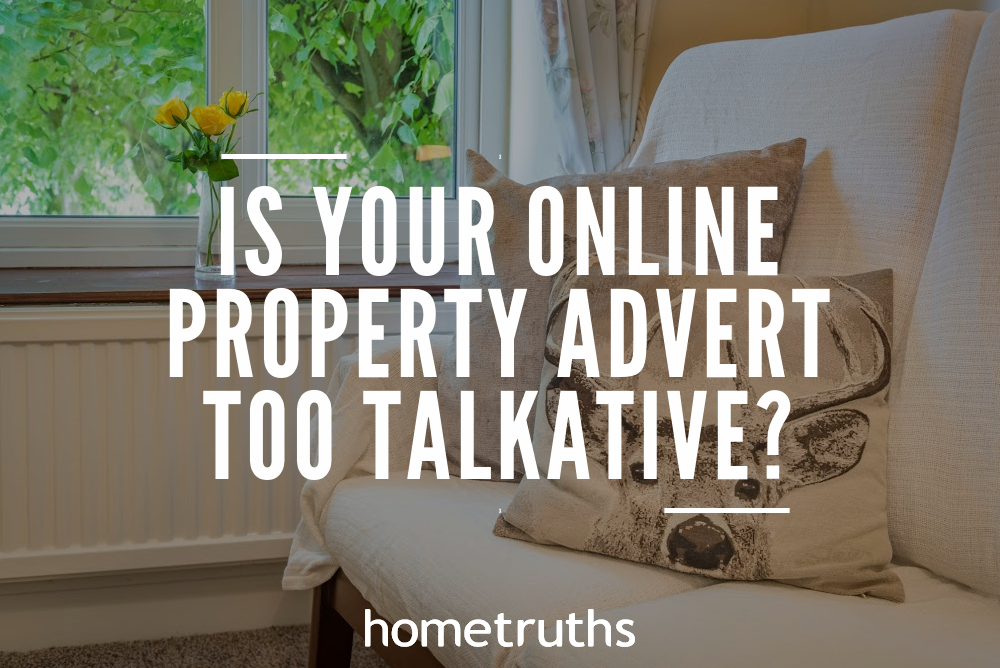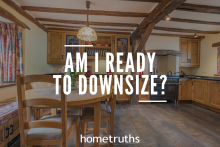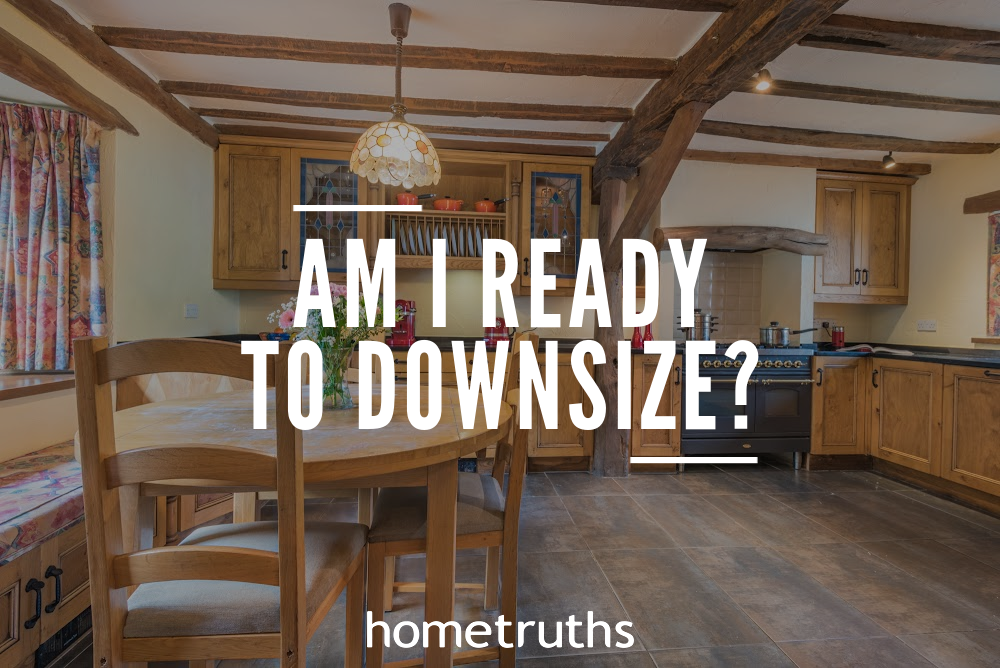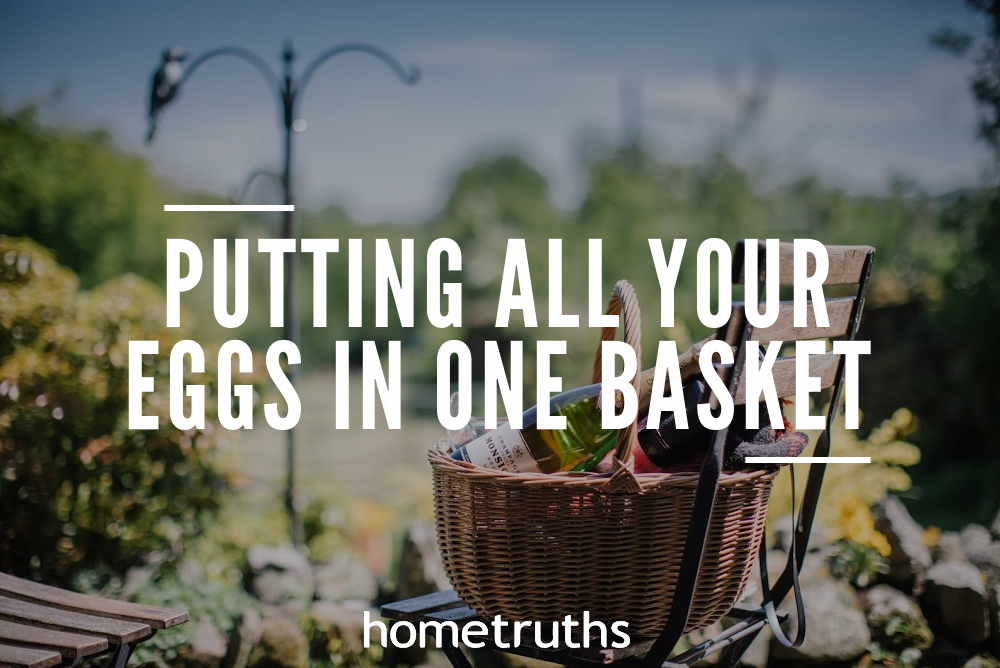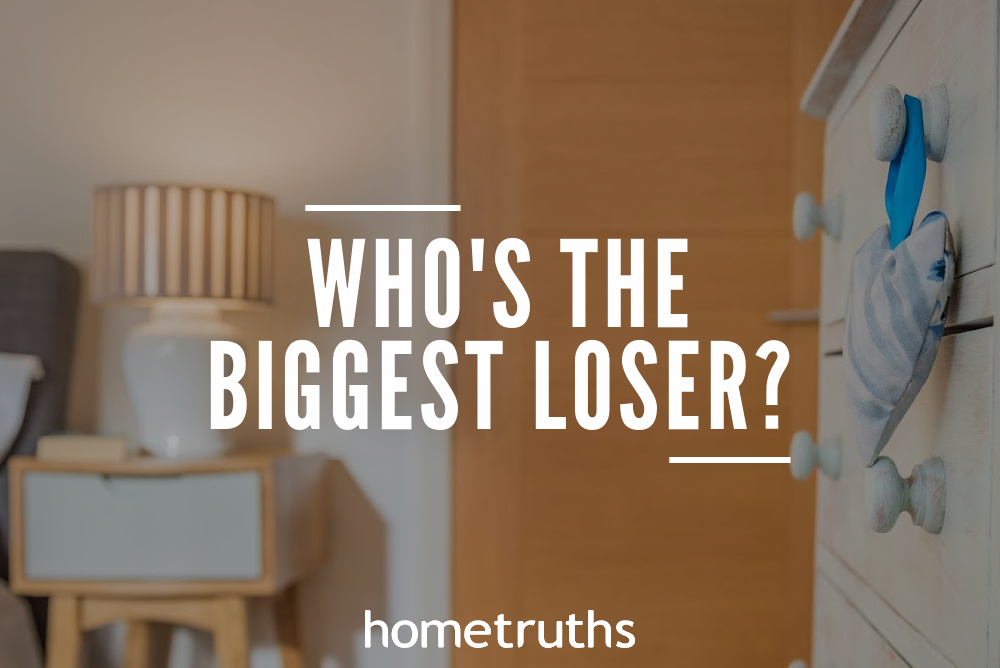Home staging, or as it’s sometimes known, house dressing, has been with us now for over a decade. Originating in the States, the formidable Anne Maurice brought the concept over in 1998 with her Channel 5 programme ‘House Doctor’ and whilst the British public was slow to catch on at first, now the Home Stager Network boasts a wide membership of active home stagers, and over 250,000 unique visitors per year to its website.
So what exactly IS home staging, and when does it become refurbishment, or renovation?
Firstly, the objective of home staging isn’t to improve the house itself: the fixtures and fittings; kitchens; bathrooms will all stay the same, even if they are dated – replacing them is not within the remit of a home stager. Instead, think of it as ‘dressing’ a home for sale. Imagine your home is about to be the subject of a four page spread in Country Life, or 25 Beautiful Homes; what would you do to prepare each room so it looks its very best for the photographer? Perhaps you would move furniture around to accentuate a feature, or have a grubby wall repainted; it’s really about looking at your house with a critical and objective eye.
If you’ve lived in your home for more than a decade or two, you may find that you can’t be objective; you’re just too close to it. Or perhaps you don’t have the time, or the necessary skills, to bring the best out of every room. In which case, commissioning a home stager could be a very worthwhile investment.
What will it cost?
There are two costs to consider when using a home stager: the cost of her time, and also the accessories and items she suggests you buy in order to dress your home effectively. As a general rule of thumb, the initial assessment visit plus a short report will set you back up to around £300. Time is usually charged at between £30 and £50 per hour, and this includes a shopping trip, if you feel it necessary. Alternatively, she can provide you with a shopping list, to your agreed budget, with suggested shops and items to buy. I usually recommend my clients invest at least £500, and sometimes up to £1000, though rarely more than this.
What will I need to buy?
The good news is, home staging items are things you can take with you! Therefore it’s important that you like them, wherever possible, whilst at the same time they add value to your home. Home staging accessories often include new bedding, cushions, rugs, artwork, bathroom accessories, and any little knickknacks that help to complete the look.
How can I find a home stager in my area?
A good place to look is the Home Stager Network, or ask your local estate agent as they can usually recommend someone.
A really good home stager can add tens of thousands of pounds to the value of your home; a value that will be reflected not only in your photography, but also in the improved confidence of your estate agent that he can sell your house for the price you want.
If you’d like my help to sell your home more effectively, please answer a few short questions here and if I think I can help you, I’ll be in touch.


